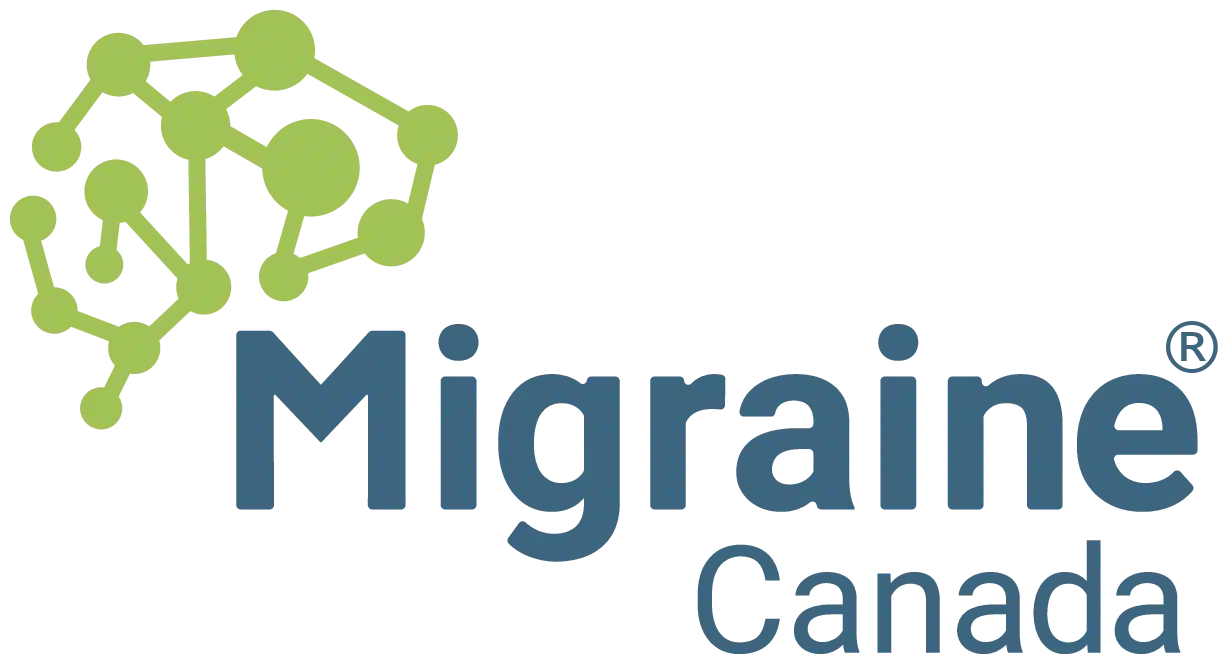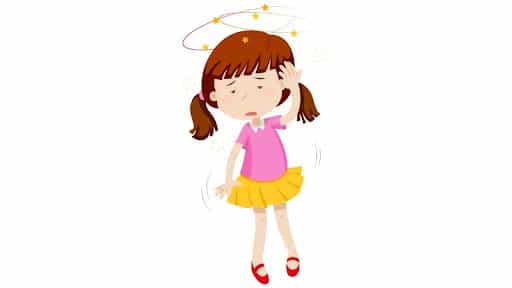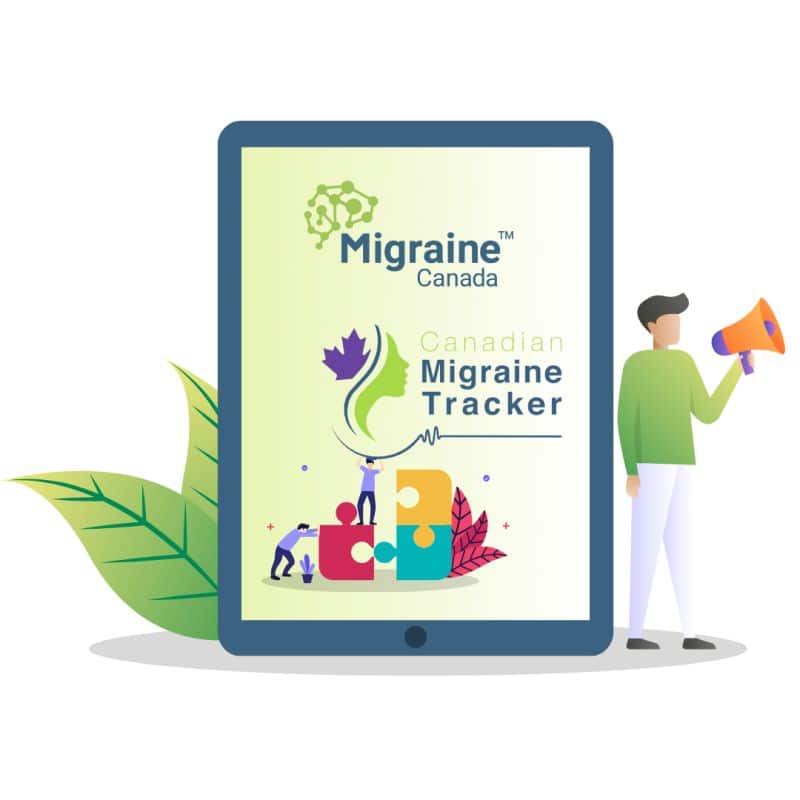What is benign paroxysmal vertigo?
Benign paroxysmal vertigo (BPV) typically affects children between the ages of 2 and 5, causing recurrent episodes of dizziness or vertigo (spinning sensation). Young children often cannot describe their feelings, making it difficult for parents to understand their discomfort. A common factor in BPV is a family history of migraine. This article explores the diagnosis, treatment options, and long-term outlook for children with BPV, offering parents essential guidance on managing this condition.
How do you diagnose benign paroxysmal vertigo?
BPV is diagnosed by a sudden onset of recurrent episodes of a spinning sensation or dizziness (vertigo), occurring without warning, that goes away after minutes to hours, without loss of consciousness. Associated symptoms may include abnormal eye movements (nystagmus), unsteady walking, vomiting, lack of colour (pallor), and/or fearfulness. Children typically feel well between attacks and present with normal hearing and balance test results.
What are the available treatments for benign paroxysmal vertigo?
Since BPV episodes are brief in nature, often lasting for a few minutes, it is not practical to treat these attacks acutely. Reassurance is important.
Preventive treatment is not often required, unless the episodes are frequent and disabling. There is very limited evidence in using oral medications such as propranolol and cyproheptadine for this condition, further discussion with a doctor would be necessary.
Will my child suffer from this condition forever?
BPV typically resolves over time with the majority of children outgrowing it around 2 years of age with an overall duration noted between 4 months and 8 years of age.
It has been found that a lot of children diagnosed with BPV will develop other migraine variants such as abdominal migraine, cyclic vomiting syndrome, and/or migraine headaches as early as 7 years old and occasionally as adults.
References:
- Gelfand A. Episodic syndromes of childhood associated with migraine. Current Opinion Neurology.2018;31:281-285.
- Lagman-Bartolome AM, Lay C. Pediatric Migraine Variants: A review of epidemiology, diagnosis, treatment and outcome. Current Neurology and Neuroscience.2015;12:1-14.
Post #605



